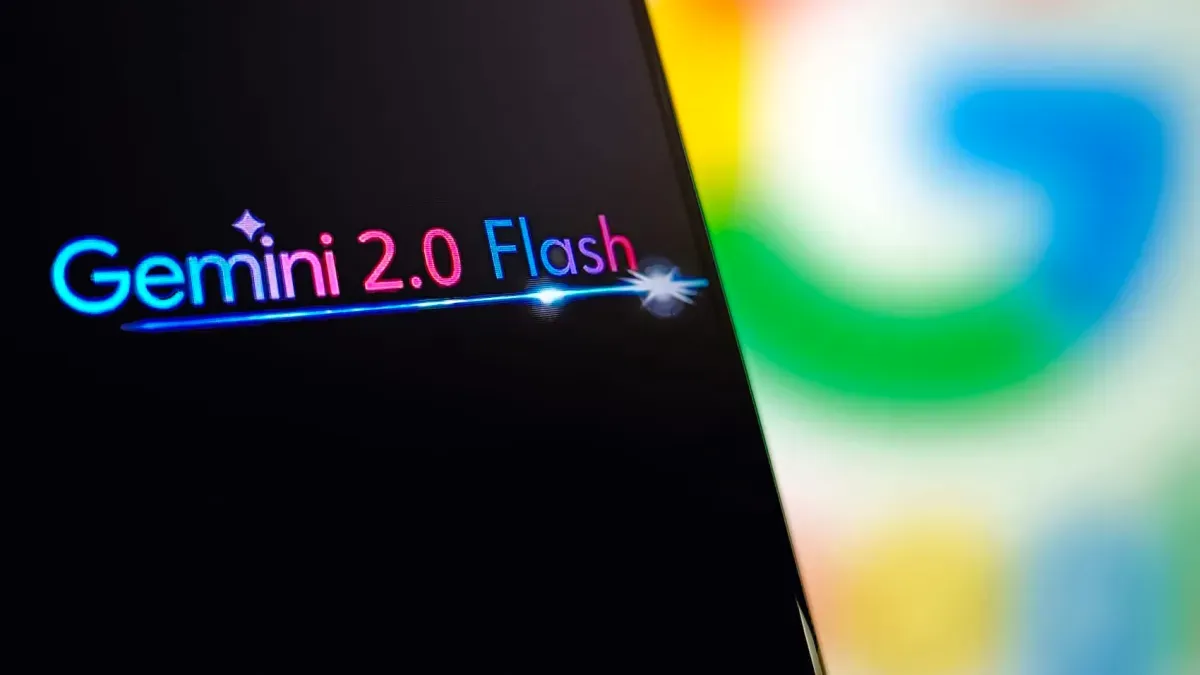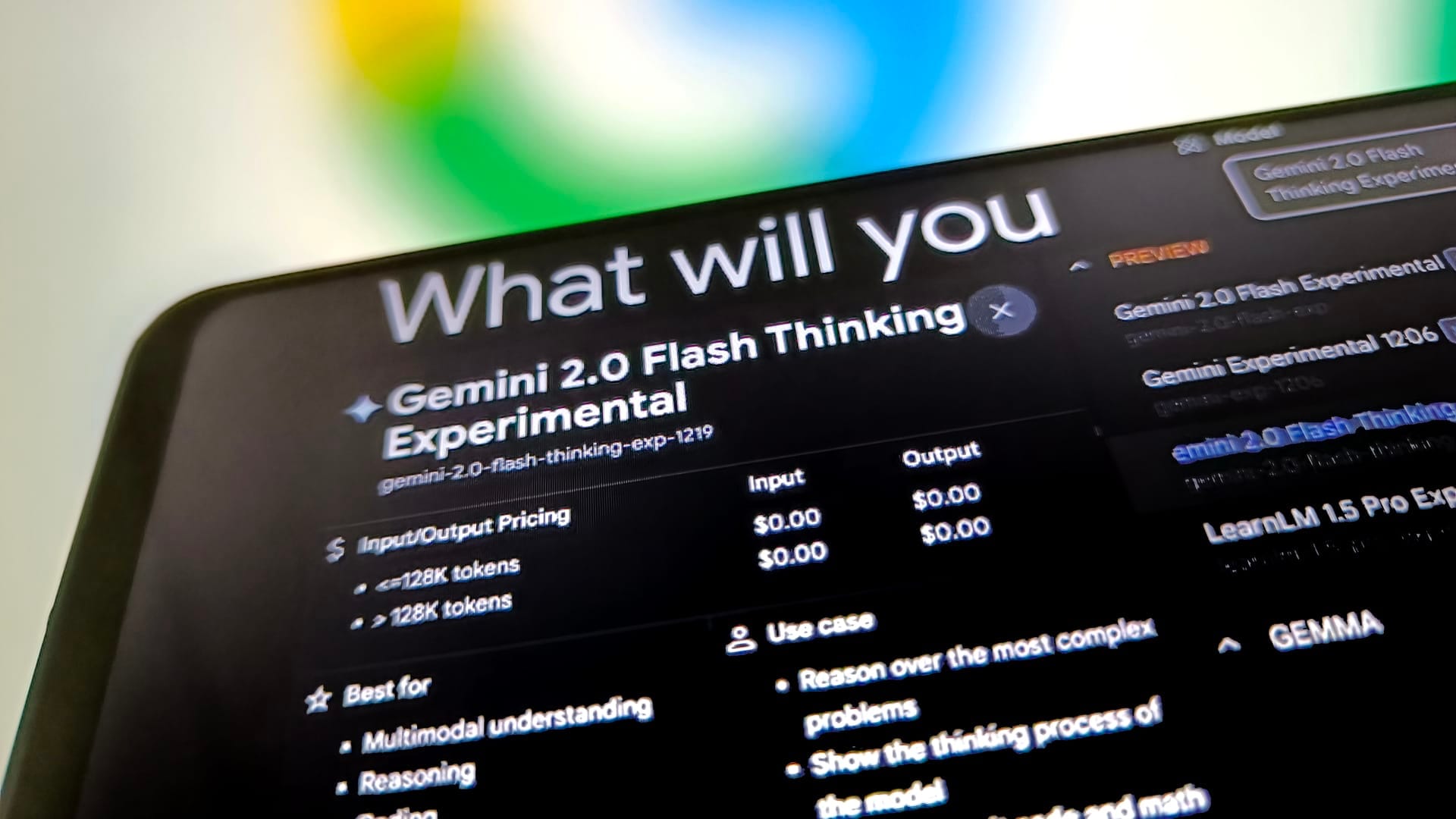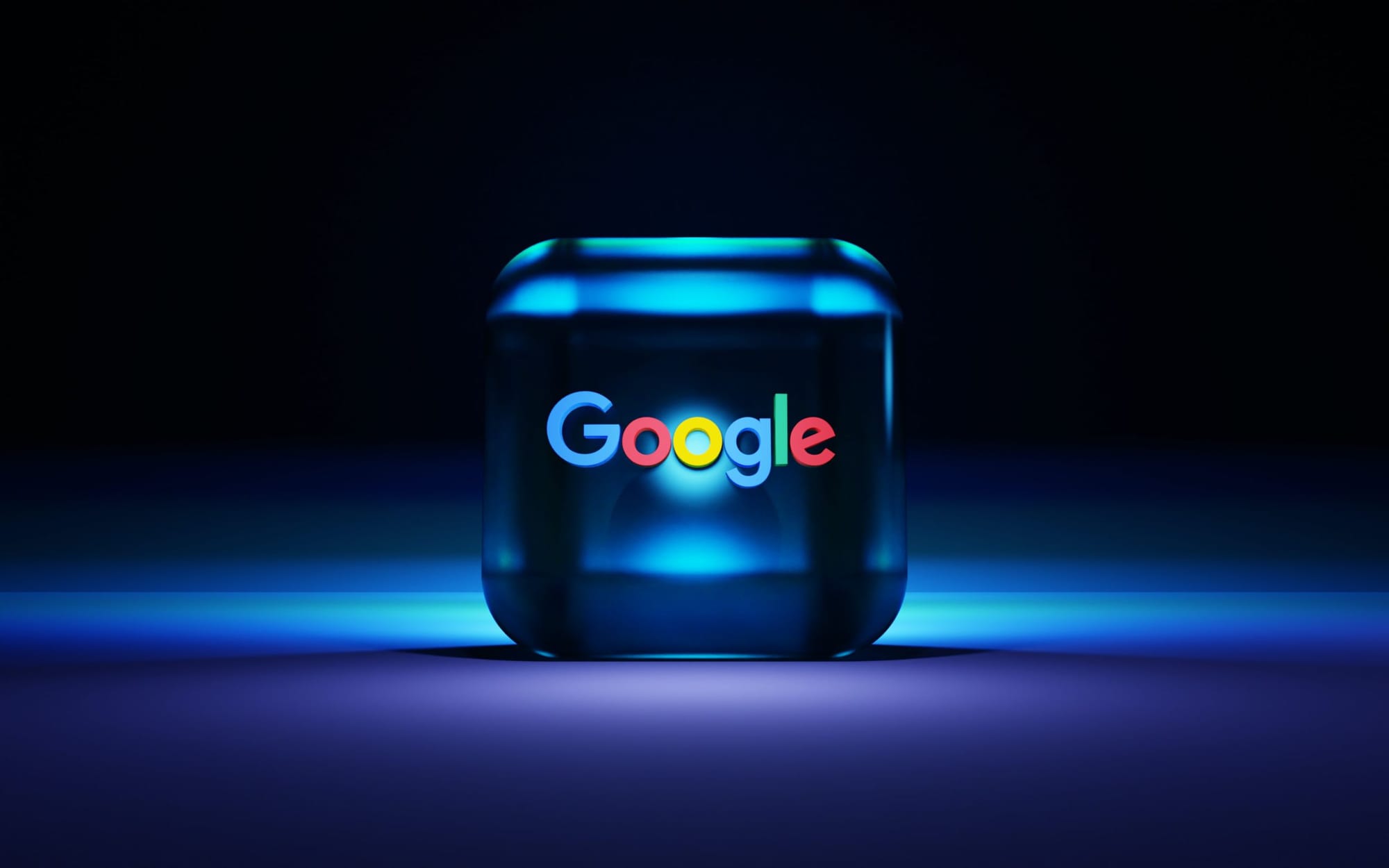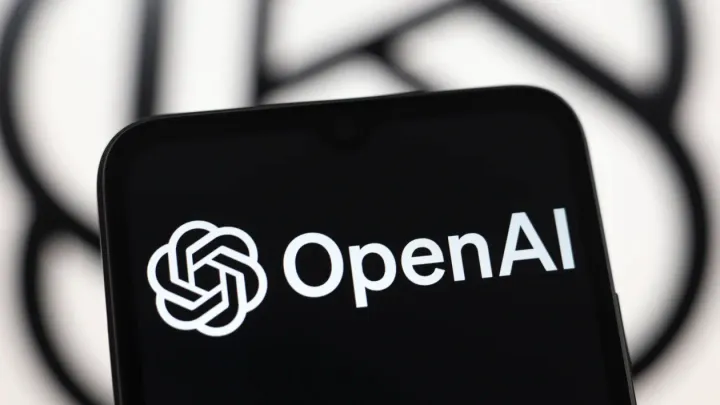Google Opens Its Most Powerful AI Models to Everyone: The Next Stage in Its Virtual Agent Push

The internet behemoth has continued to take things to a higher level by introducing its most advanced artificial intelligence model suite, known as Gemini 2.0, to the public. The move has strategically positioned Google to be ahead in the AI arms race, just like other powerful tech companies in the game.
These companies include Meta, Amazon, Microsoft, OpenAI, and Anthropic. The objective is to develop effective agentic AI models that are capable of independent execution of complex, multi-step tasks on behalf of users.
This article looks into Google's Gemini 2.0 model, its characteristics, implications in AI development, and how this places Google within the rapidly shifting AI landscape. We also touch on the competitive dynamics between these tech giants to dominate the future of AI-driven virtual agents.
Understanding Google's Gemini 2.0 Model Suite
Gemini 2.0 is a new and much more powerful set of AI models from Google released to developers and trusted testers way back in December. With general availability, it's a step that Google believes will make loud statements about both the accessibility as well as scaling of its advances in AI.
The models in the suite include:
Gemini 2.0 Flash: A High-speed workhorse model designed to handle large, high-frequency scale tasks efficiently.
Gemini 2.0 Pro Experimental: High-end coding purposes and AI driven software development applications.
Gemini 2.0 Flash-Lite: To reduce the entrance barriers for adopting AI in commercial and personal platforms.
Cost Profile of Gemini 2.0
Google charges the following fees to be priced competitively for the AI business:
Gemini Flash: At $0.10 per million tokens for any text, images, or videos.
Flash-Lite: Charging at $0.0075 per million tokens, the least expensive model for now.
These pricing models indicate that Google is ready to make AI more accessible to users, thereby letting businesses and developers integrate more complex AI capabilities more easily.
AI Arms Race: Google vs. Competitors
Google's bet on AI agents is a result of competitors already developing similar models. Meta, Amazon, Microsoft, OpenAI, and Anthropic are fighting to develop fully autonomous AI; users do not need to constantly guide them to complete a certain process.
Anthropic’s Claude AI: The Amazon-backed startup has developed AI that can interact with computer interfaces like humans, performing tasks such as navigating websites, filling out forms, and executing commands across different software applications.
OpenAI’s Operator: Microsoft-backed OpenAI introduced Operator, an AI agent that automates complex user tasks, including planning trips, booking reservations, and online shopping.
Deep Research Tools: OpenAI and Google have developed tools known as Deep Research, which enable the compilation of in-depth reports and the analysis of complex subjects on behalf of the user.
Google's Chief Executive, Sundar Pichai, also stressed the aspect of execution more than being the first to the market. "In history, you don't always need to be first, but you have to execute well and really be the best in class as a product," he said during one strategy meeting.

Implications of AI Agent Technology
AI agents, such as those developed by Google and its competitors, may revolutionize most industries by
Enhancing Productivity: Automating repetitive and complex tasks, thereby freeing up the time of the user to concentrate on strategic decision-making.
Efficiency: AI-driven tools can quickly analyze large amounts of data, providing users with actionable insights.
Transforming User Experiences: AI assistants can offer seamless interactions across different platforms, handling tasks that would otherwise require human intervention.
However, the widespread adoption of AI agents raises concerns about job displacement, data privacy, and ethical implications, which companies must address to ensure responsible AI deployment.
The Future of AI Agents
Google’s launch of Gemini 2.0 signals a shift toward AI systems that operate independently, bridging the gap between AI-driven assistance and full autonomy. The future will likely see:
Higher integration in daily life: AI agents embedded in smart homes, workplaces, and personal devices to do tasks with the least human intervention.
Multimodal capabilities advanced: Better AI models that can process and generate text, images, audio, and video simultaneously.
More competitive AI offerings: Tech companies will continue to perfect their models, making AI services more accessible and affordable for the mass market.
Google's investment in AI agent technology reflects its vision of a universal assistant that can anticipate and execute tasks without constant user intervention.

Frequently Asked Questions (FAQs)
What is Google Gemini 2.0, and how is it different from previous models?
Google Gemini 2.0 is an advanced AI model suite designed for large-scale AI tasks, featuring high-speed processing, cost-effective models, and enhanced multimodal capabilities, distinguishing it from earlier iterations.
How does Google AI compare to competitors such as OpenAI and Anthropic?
Google's Gemini 2.0 stakes its turf in the AI landscape by beating the competition with agentic capability, multimodal processing, and cost-efficient prices compared with OpenAI and Anthropic.
What are some of the risks associated with AI agents?
Challenges in the areas of job automation, data privacy, security vulnerability, and ethics will arise in AI agents. Companies have a responsibility to see that responsible AI development mitigates these risks.
What is the everyday impact of AI agents?
Tasks such as scheduling, online transactions, research, and virtual assistants can be carried out efficiently using AI agents to enhance productivity in various sectors significantly.
What does the future look for AI development?
The AI industry will continue to evolve with the advancements in automation, multimodal processing, and real-world applications. It will result in more sophisticated and autonomous AI-driven solutions.
Google's move to make Gemini 2.0 available to everyone is a significant milestone in the evolution of AI-driven virtual agents. The AI arms race is heating up, and Google is positioning itself as a leader in developing intelligent, autonomous AI that can revolutionize how we interact with technology. With continuous advancements and competition in the space, AI agents will undoubtedly become an integral part of our digital future.



